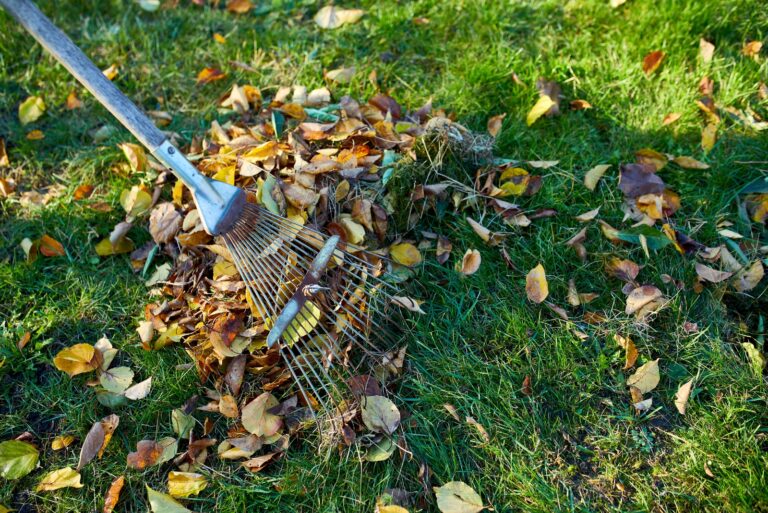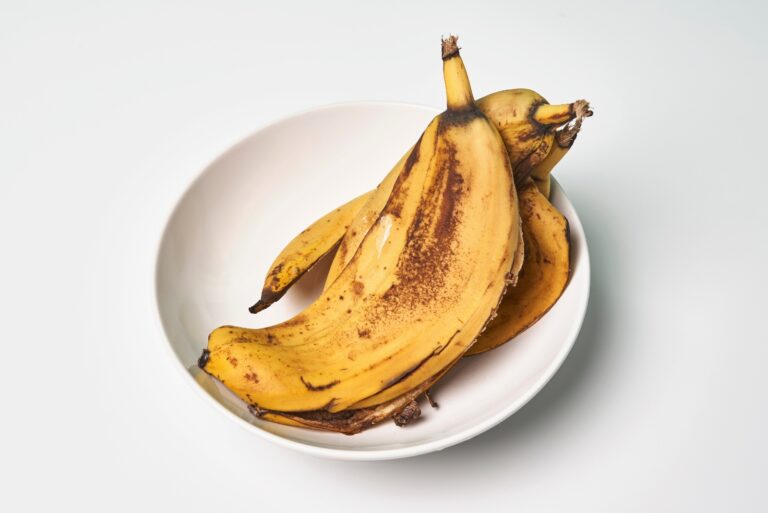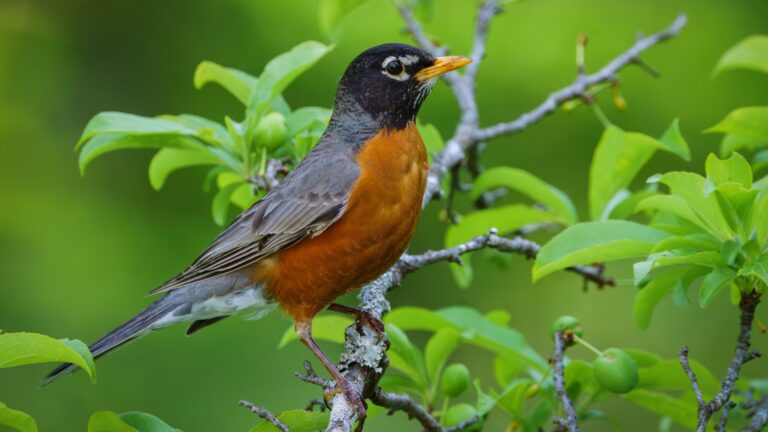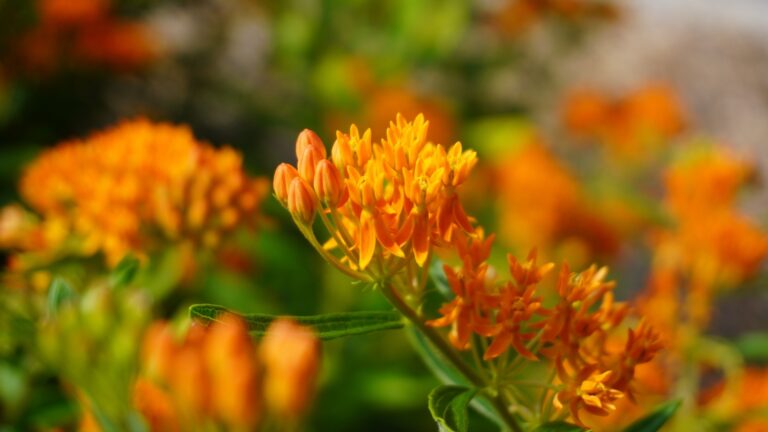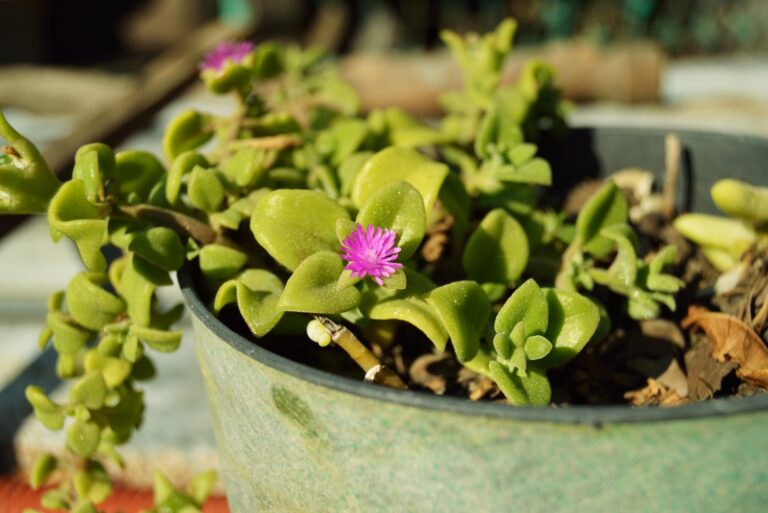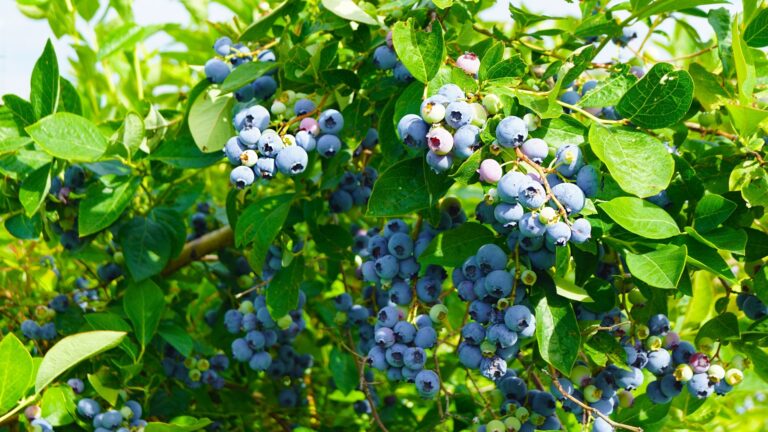Fast-Sprouting Seeds For Impatient Gardeners In North Carolina
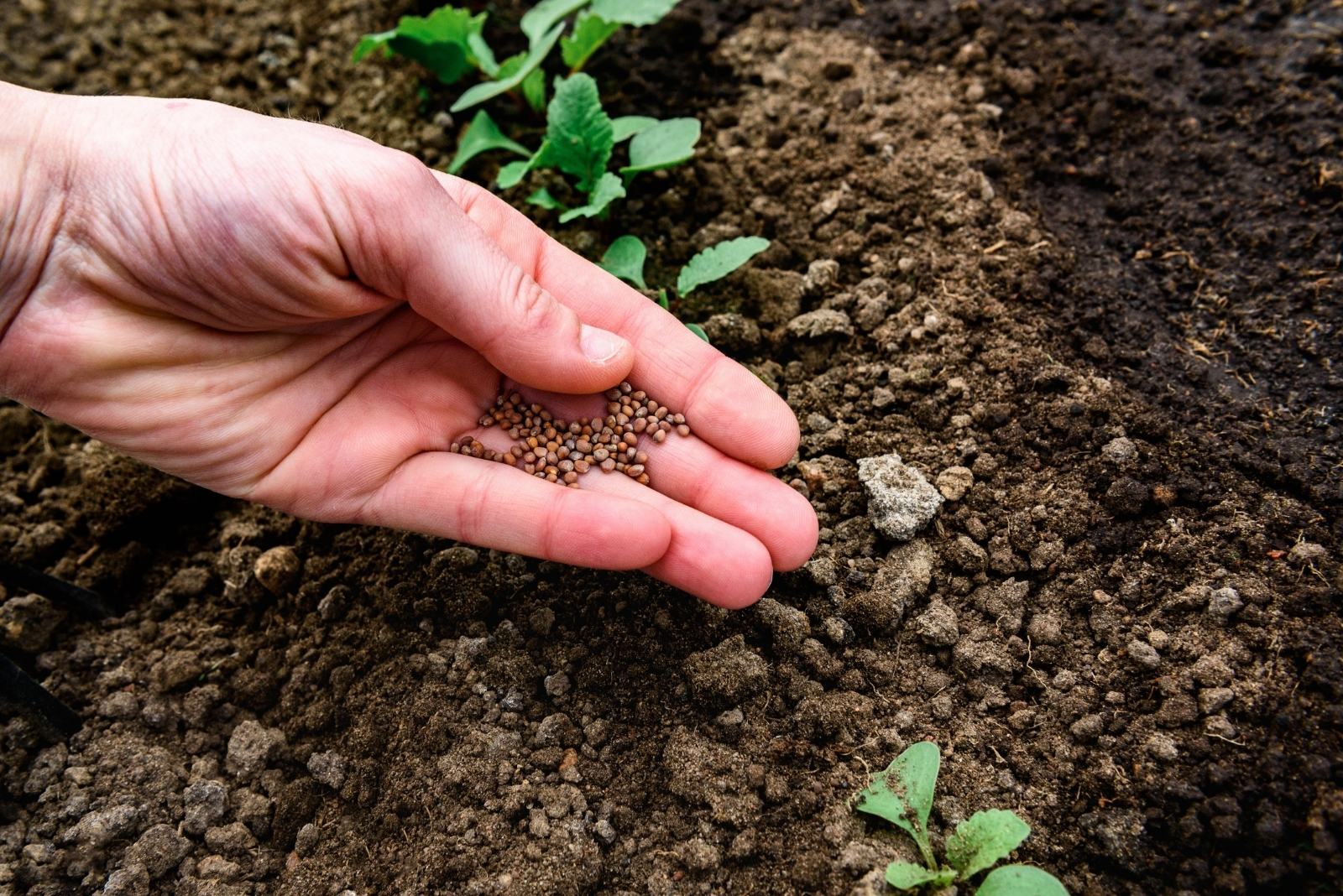
For gardeners eager to see results, waiting weeks for seeds can be frustrating. In North Carolina, the warm soil helps many varieties sprout quickly, sometimes in just a few days.
Certain seeds are especially fast, giving you an early glimpse of green in your garden. These quick-growing options are ideal for those who want visible progress without the long wait.
Choosing the right seeds can turn impatient mornings into satisfying moments of growth.
1. Radishes
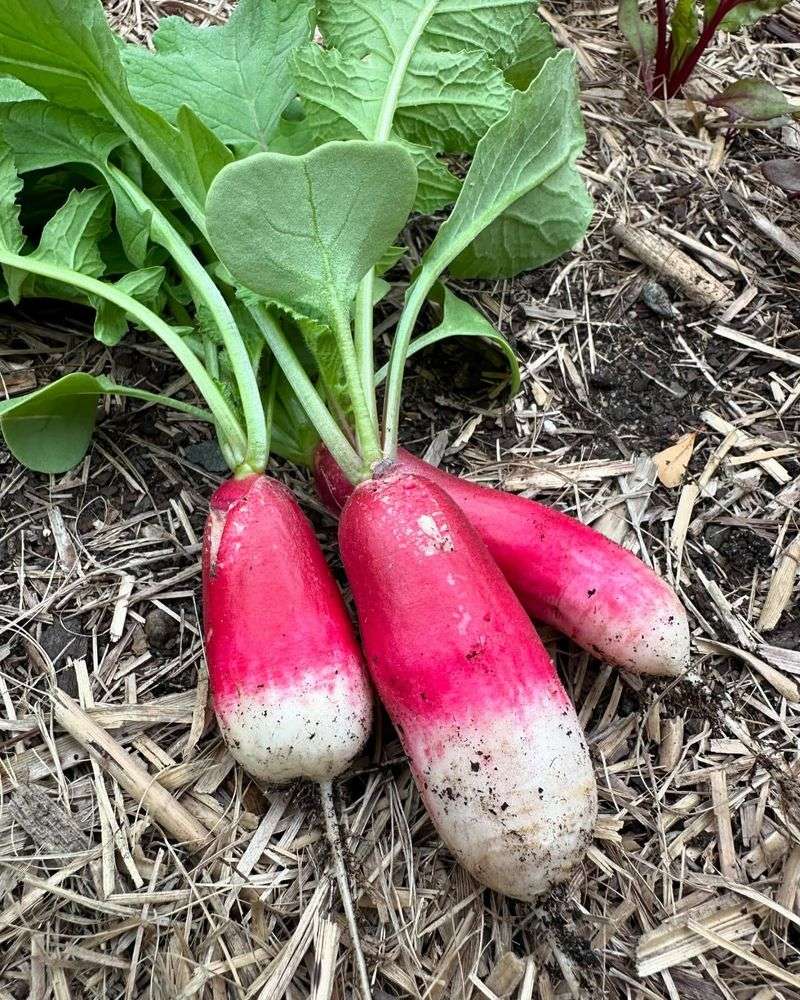
Ready to see results in just 3-5 days? Radishes thrive in North Carolina’s spring and fall seasons when temperatures are cooler.
These peppery veggies don’t mind the state’s clay soils and will reward your impatience with quick growth and a satisfying crunch.
2. Sunflowers
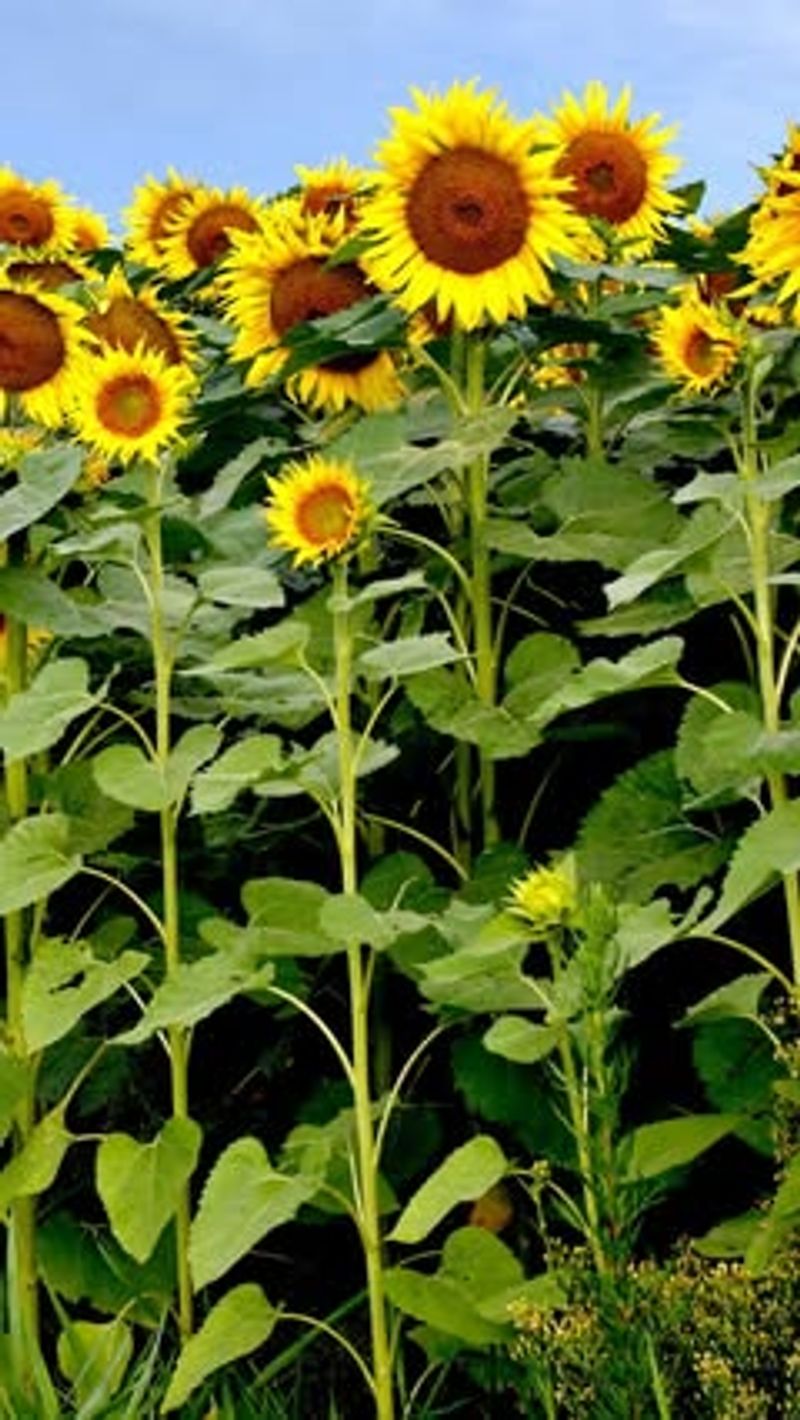
Popping through the soil in 7-10 days, sunflowers are perfect for North Carolina’s sunny conditions. Their cheerful faces follow the sun across the sky.
Many Carolina gardeners plant these beauties along fences for dramatic summer displays that attract beneficial pollinators to vegetable gardens.
3. Arugula
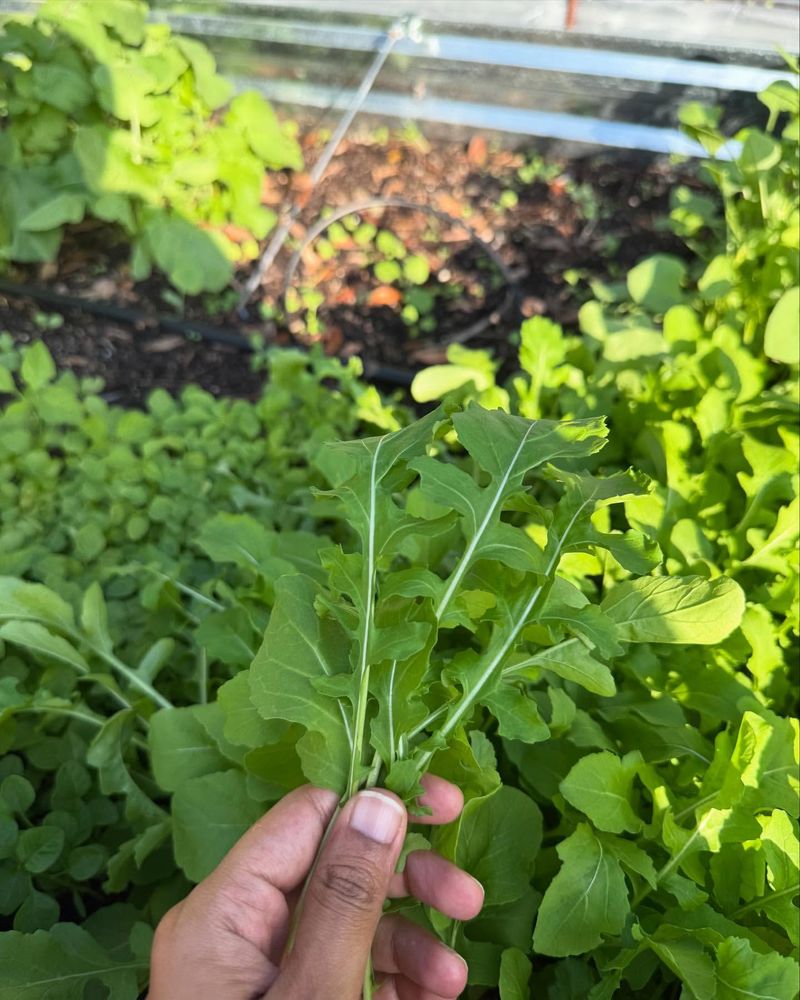
Got a weekend to spare? Arugula seeds often sprout within 5-7 days, making them perfect for impatient North Carolina gardeners craving fresh greens.
This peppery leaf thrives in the state’s mild spring and fall seasons. Plant successive batches every two weeks for continuous harvests throughout the growing season.
4. Cucumbers
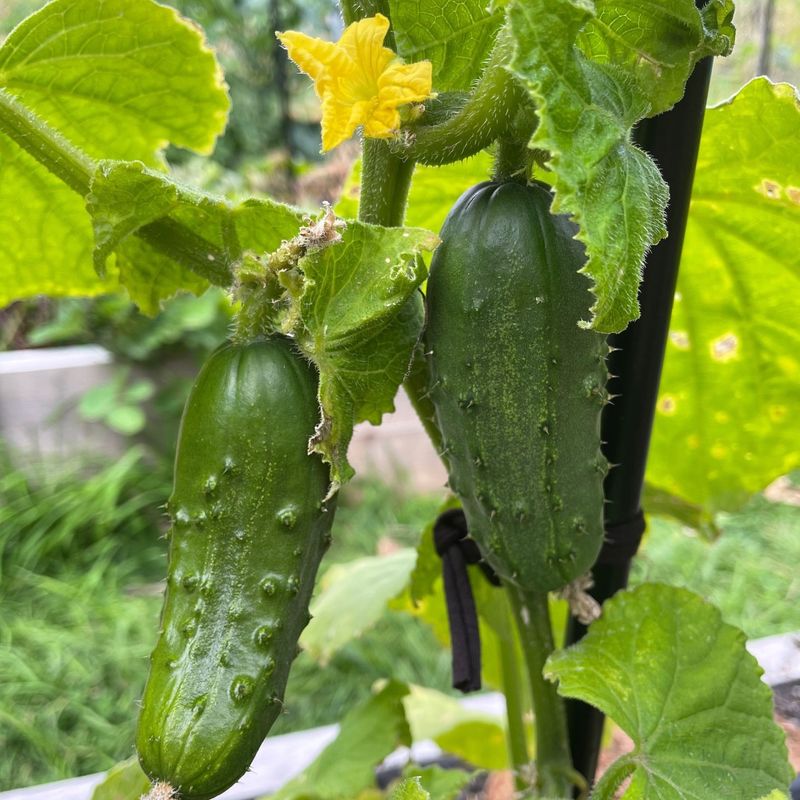
Springing to life in about 7 days, cucumber seeds love North Carolina’s warm soils after the last frost has passed. Their rapid growth will have you harvesting crisp cucumbers before you know it.
Many Carolina gardeners find success planting them in raised beds where soil warms quicker, giving these thirsty plants the head start they crave.
5. Basil
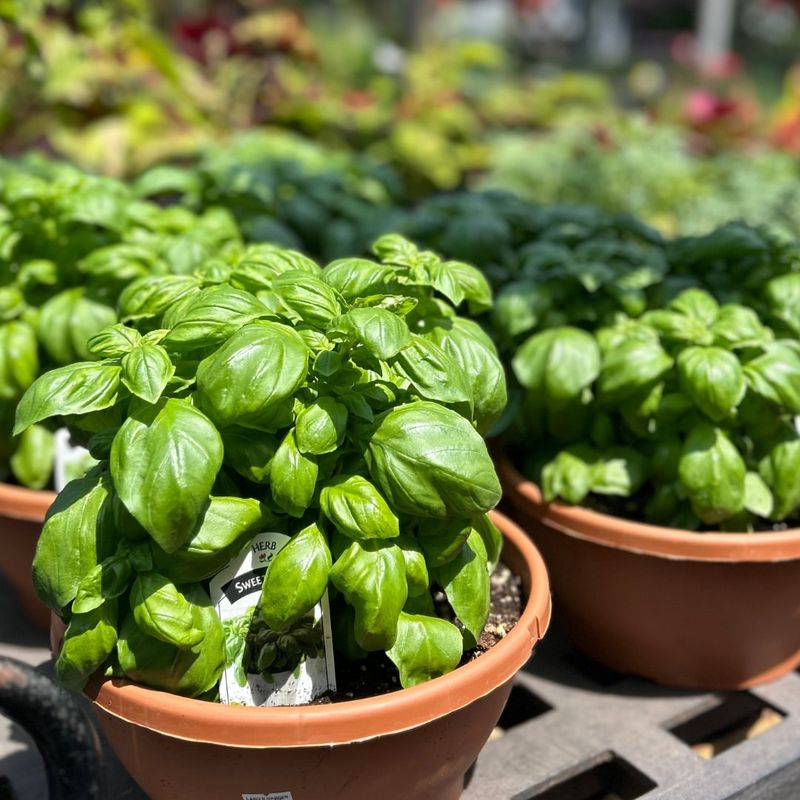
Aromatic basil seeds typically germinate within 5-7 days in warm soil, perfect for North Carolina’s hot summers. The fragrant leaves will soon be ready for your favorite pasta dishes.
Carolina gardeners often start basil indoors in March before transplanting outside after the last frost, extending their harvest season significantly.
6. Lettuce
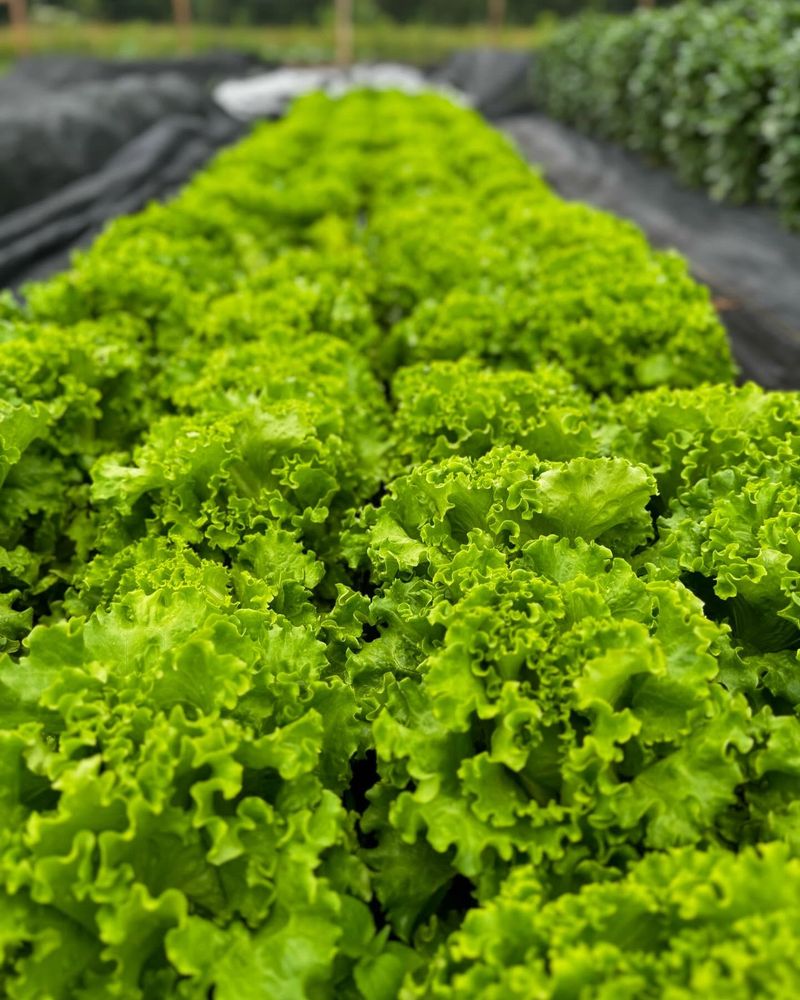
Watching lettuce emerge just 7 days after planting brings instant gardening satisfaction. The cool spring and fall seasons in North Carolina create perfect conditions for these leafy greens.
Savvy Carolina gardeners plant heat-resistant varieties like Buttercrunch for extended harvests, using shade cloth when summer temperatures climb too high.
7. Bok Choy
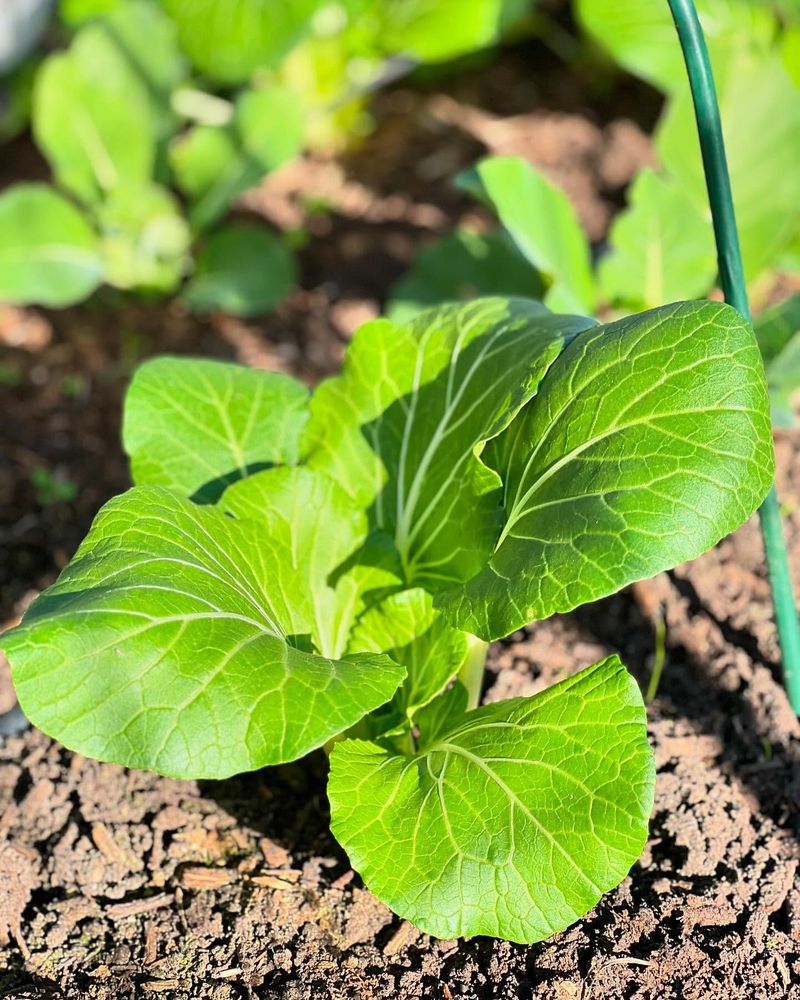
Need quick results? Bok choy seeds typically sprout in just 4-7 days, making them perfect for North Carolina’s cooler spring and fall growing seasons.
Many Carolina gardeners appreciate how these Asian greens tolerate light frosts, extending the growing season on both ends when other vegetables might struggle.
8. Spinach
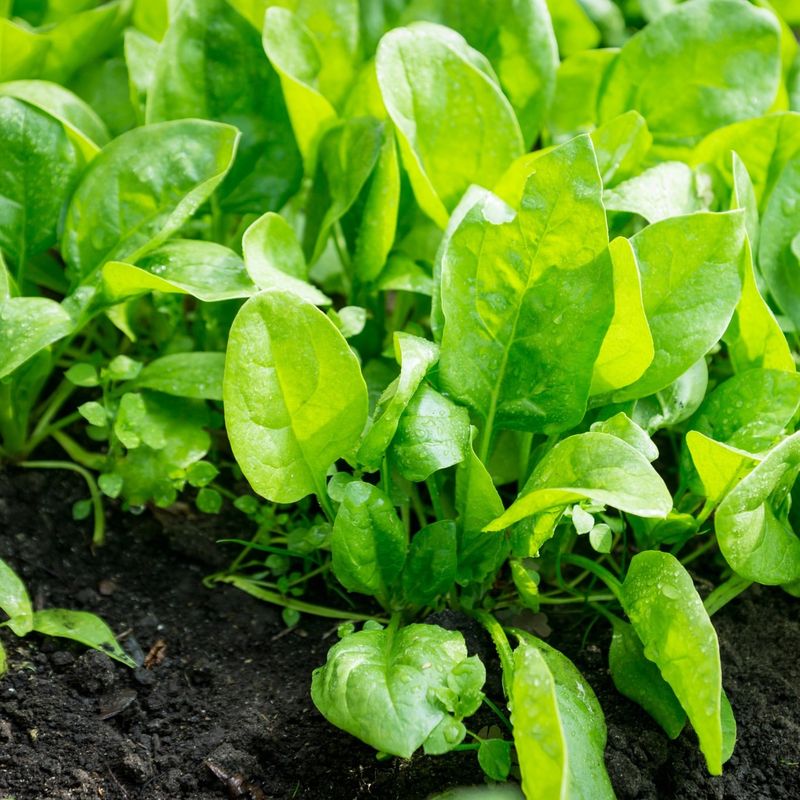
Germinating in about 7-14 days, spinach loves North Carolina’s cooler seasons and will reward your patience with nutritious leaves. The state’s mild winters even allow for growing certain varieties throughout the coldest months.
Experienced Carolina gardeners succession plant spinach every two weeks for continuous harvests of tender young leaves.
9. Mustard Greens
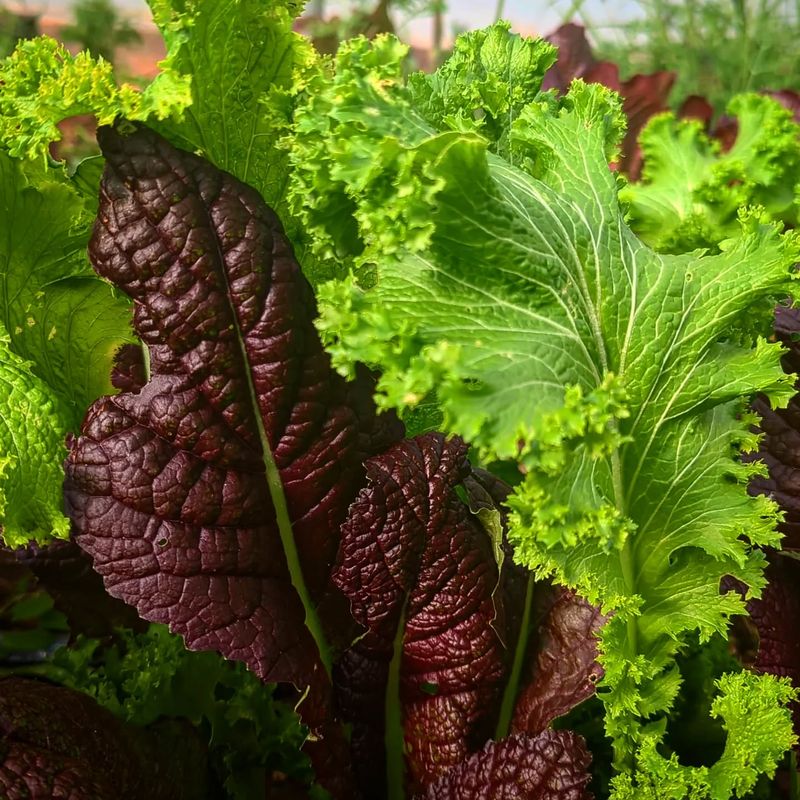
Popping up in just 4-7 days, mustard greens thrive in North Carolina’s mild spring and fall temperatures. Their spicy flavor intensifies in cooler weather, making them a seasonal treat.
Many Carolina gardeners appreciate how these quick growers attract fewer pests than other brassicas, making them perfect for organic growing methods.
10. Beans
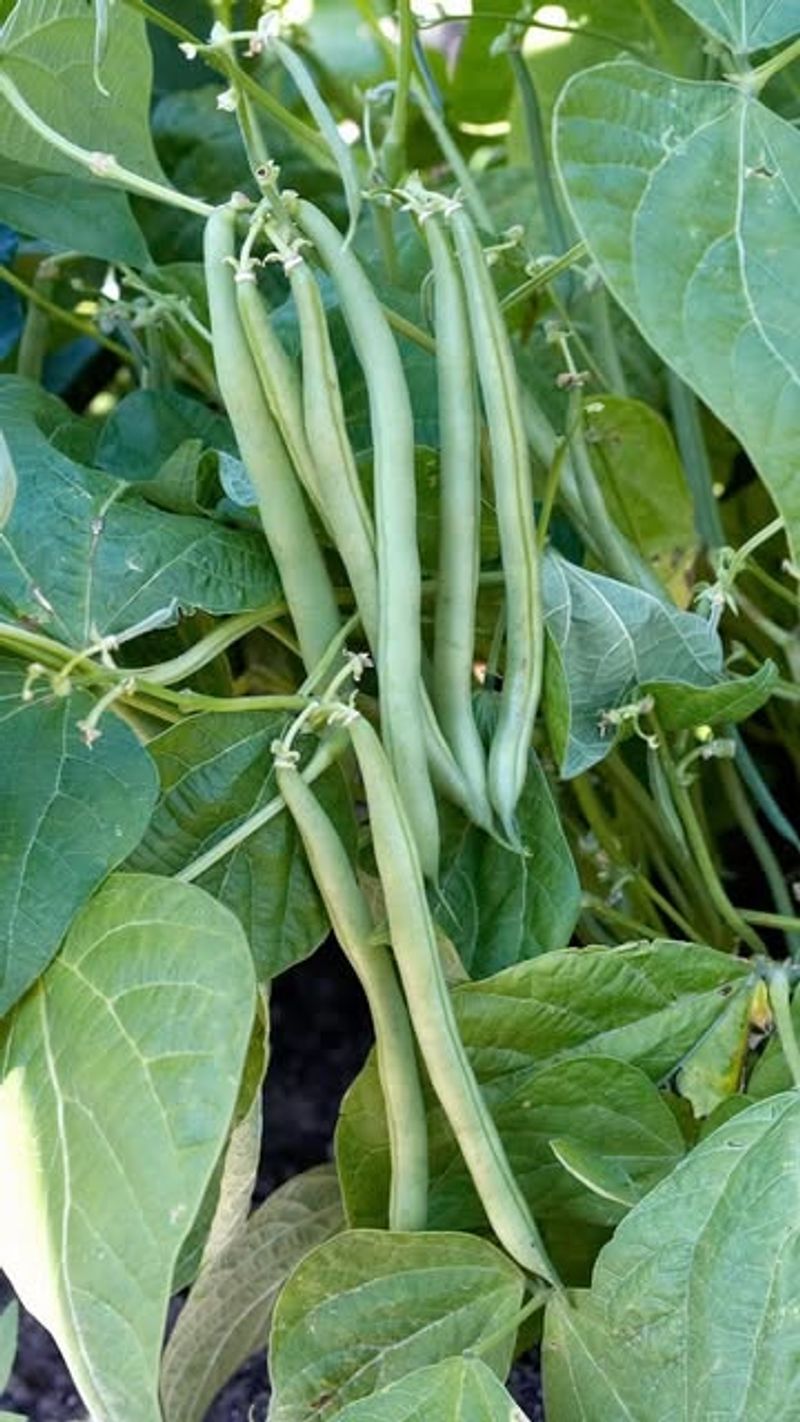
Watching bean seeds push through the soil in 8-10 days is truly satisfying! They love North Carolina’s warm summers and fertile soil. Bush varieties give quicker harvests than pole types.
Many Carolina gardeners plant these nitrogen-fixers after the last frost when soil temperatures reach 60°F for fastest germination and healthiest plants.
11. Zinnias
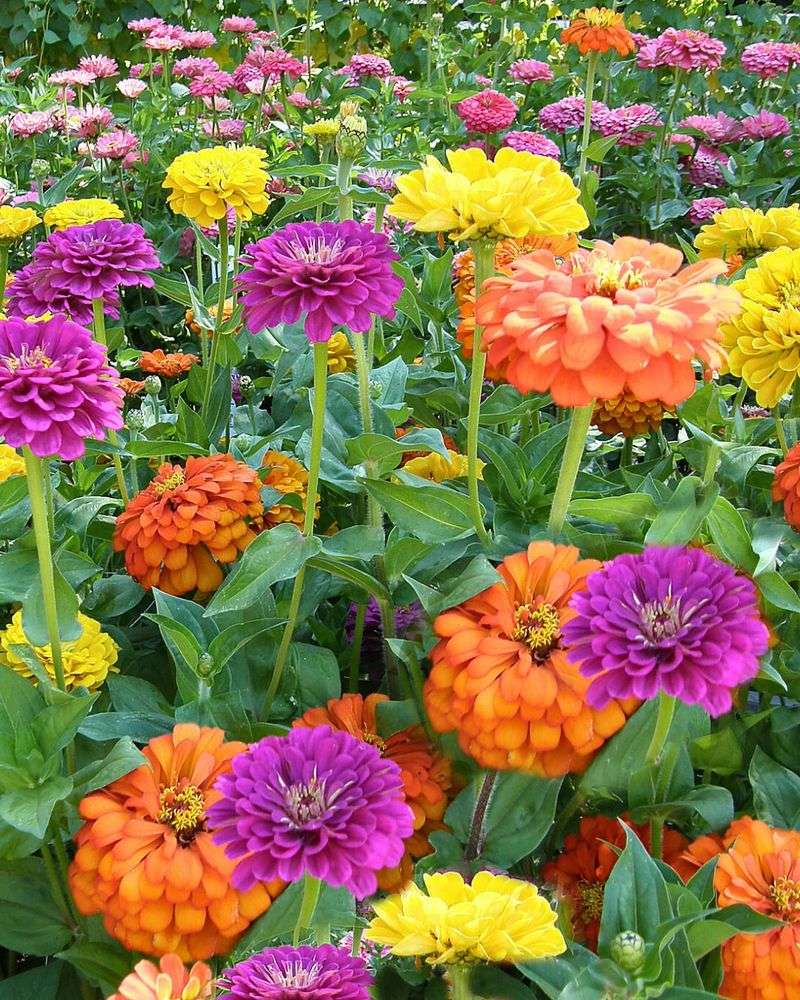
Brightening gardens in just 7-10 days, zinnia seeds are perfect for North Carolina’s hot summers. Their drought tolerance makes them ideal for the state’s occasionally dry conditions.
Carolina gardeners love how these colorful flowers attract butterflies while providing endless cutting material for summer bouquets that last well in the heat.
12. Dill
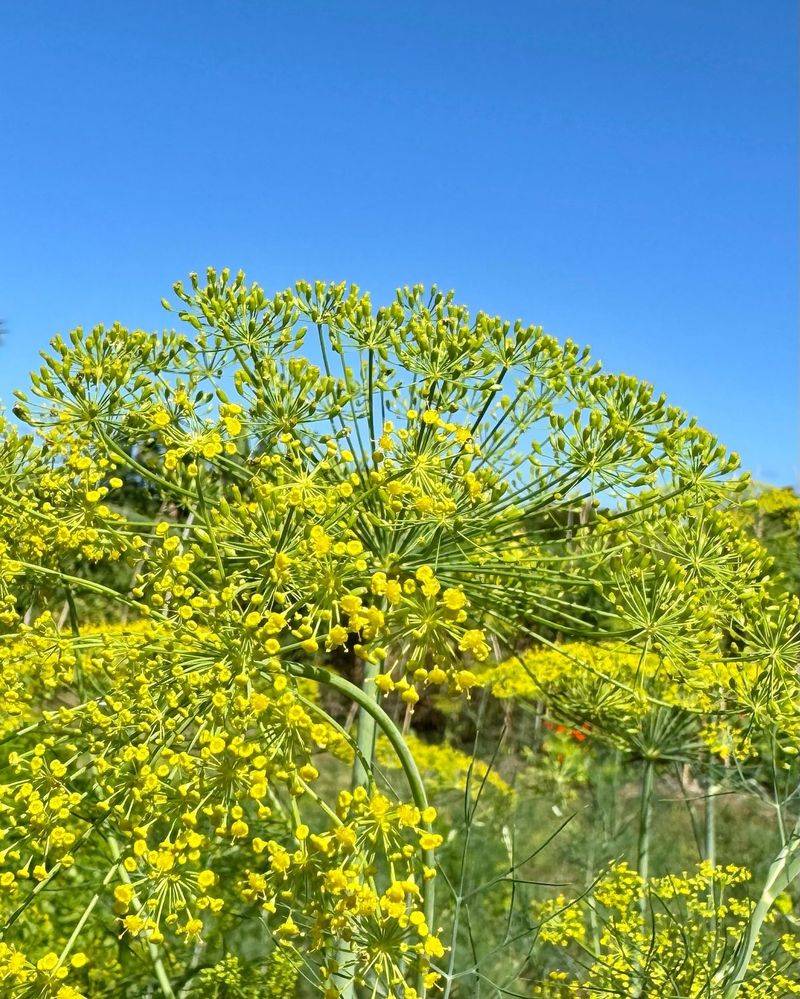
Sprouting in about 7-14 days, dill thrives in North Carolina’s sunny gardens and self-seeds readily for years of feathery greens. The aromatic herb attracts beneficial insects to your garden.
Many Carolina gardeners plant dill alongside cucumbers, creating a perfect pairing both in the garden and later in the pickle jar.
13. Marigolds
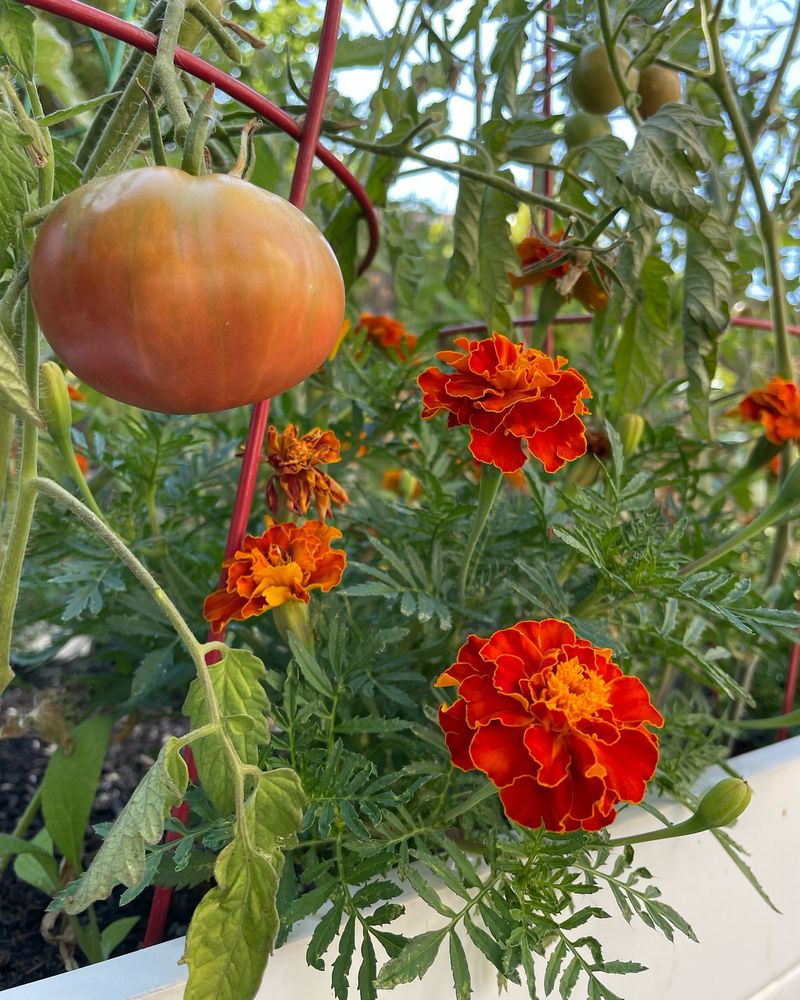
Germinating in just 5-7 days, marigolds are perfect companions in North Carolina vegetable gardens. Their strong scent naturally deters many common garden pests while attracting pollinators.
Carolina gardeners often plant these bright flowers around tomatoes and peppers, creating beautiful borders that serve double-duty as pest protection.
14. Peas
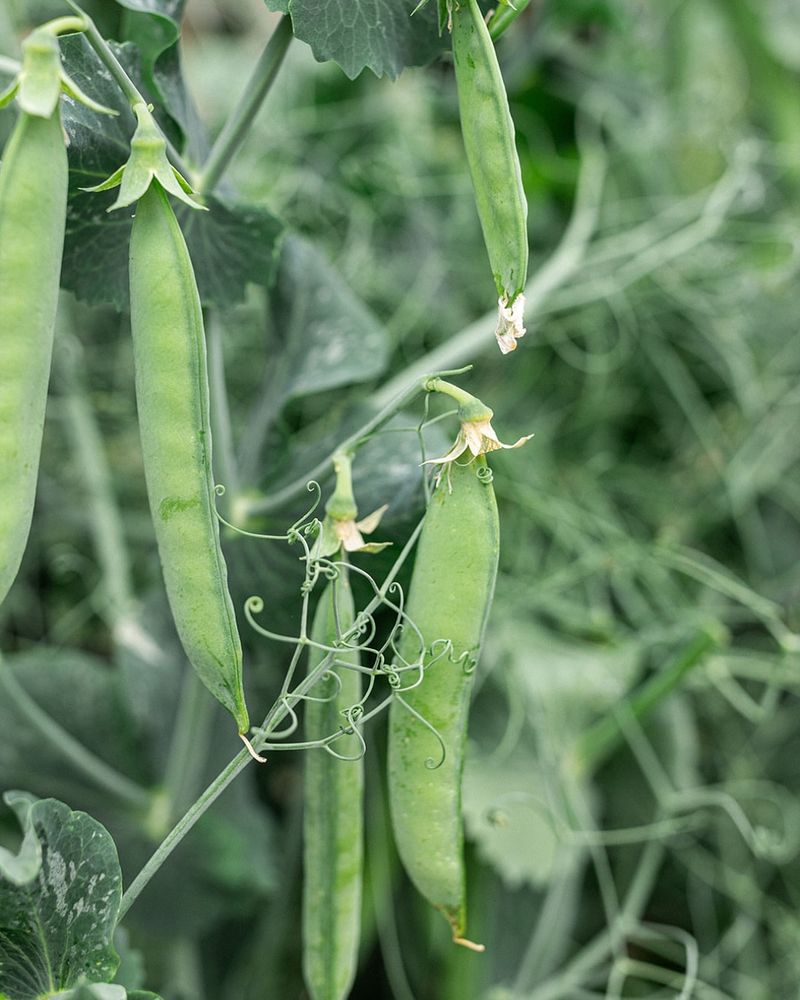
Emerging in 7-14 days, peas thrive in North Carolina’s cool spring weather. Their sweet flavor is worth the slightly longer wait compared to other fast-sprouters on this list.
Savvy Carolina gardeners plant these nitrogen-fixers as early as February in some parts of the state, giving them a head start before summer heat arrives.
15. Cilantro
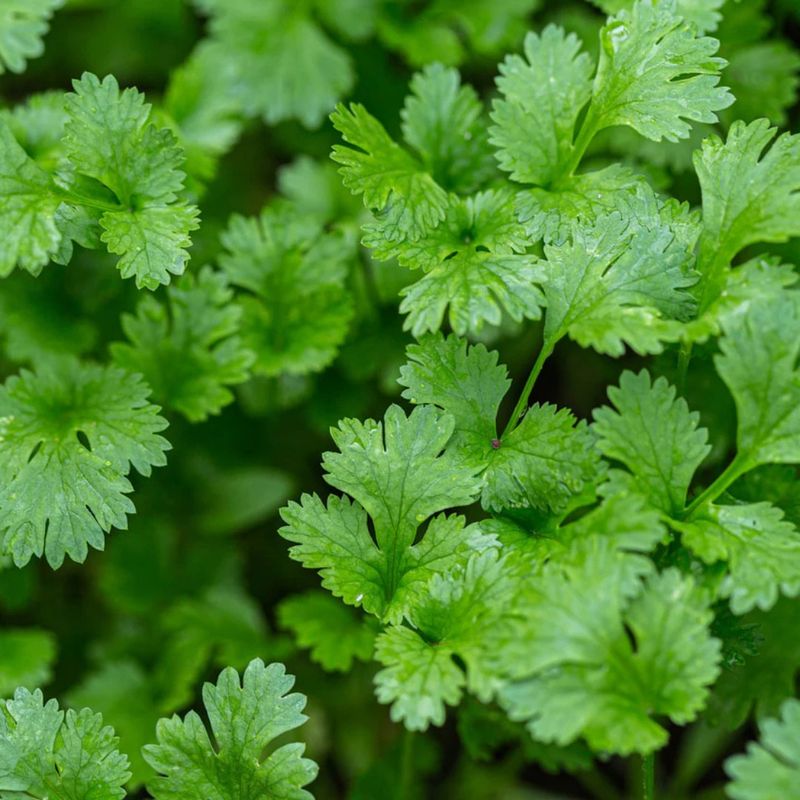
Ready in just 7-10 days, cilantro seeds love North Carolina’s mild spring and fall seasons. This herb bolts quickly in summer heat, so timing is everything.
Experienced Carolina gardeners succession plant cilantro every few weeks during cooler months, ensuring continuous harvests of this essential herb for fresh salsas and summer dishes.
16. Kale
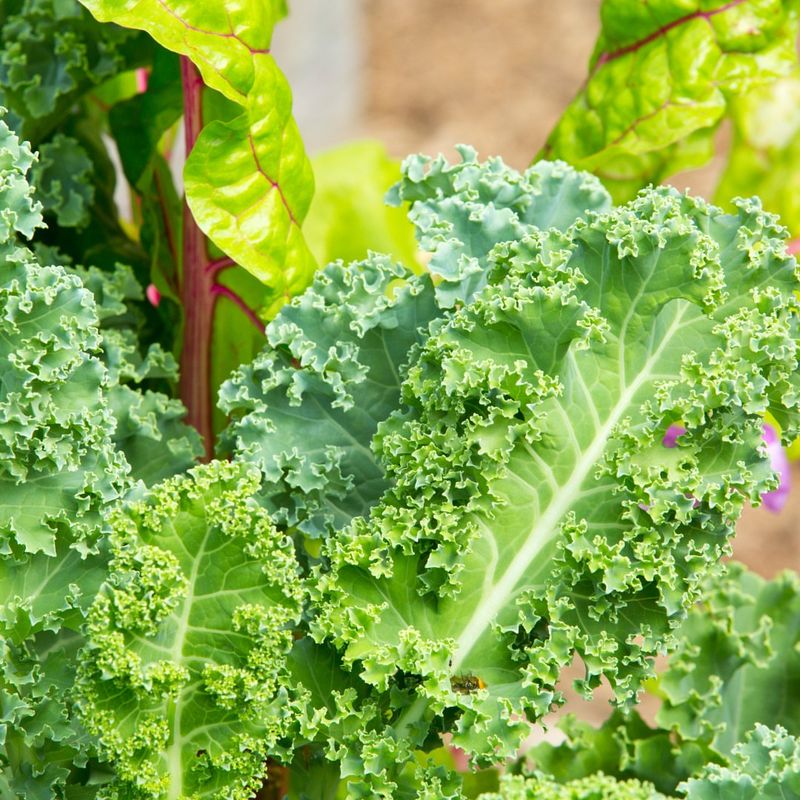
Sprouting in 5-8 days, kale thrives in North Carolina’s varied climate. This superfood grows well in spring and fall, and often survives the state’s mild winters for extended harvests.
Many Carolina gardeners find that kale’s flavor improves after light frosts, making it a perfect crop for the shoulder seasons when other vegetables struggle.

